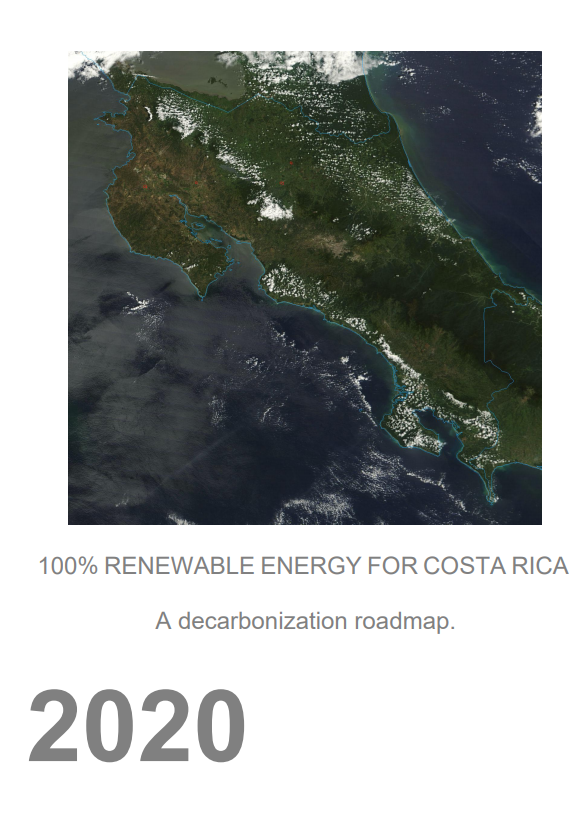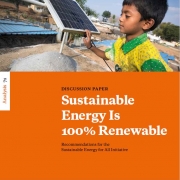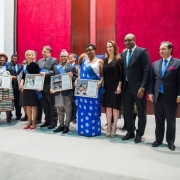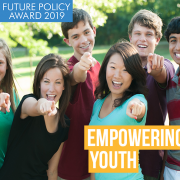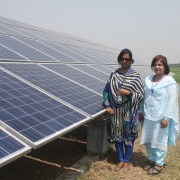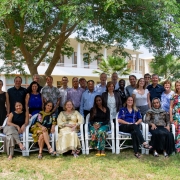Achieving 100% Renewable Energy for all
The Sustainable Energy for All (SEforAll) initiative pledged to ensure universal access to modern energy services, double the rate of improvement in energy efficiency and double the share of renewable energy in the global energy mix by 2030. Yet, it’s self-published progress reports states that the initiative has fallen short of its objectives.
This report summarises the initiatives often underlined structural shortcomings. Namely, a lack of integration into other UN frameworks, an excessive focus on centralization and profitability, a disproportionate emphasis on private finance, a lack of inclusion of diverse business models and a lack of representation and civil society involvement. The report then examines the SEforALL Action Agendas for eight African countries.



